This article delves into the essential differences between vegetable choppers and knives, guiding you to determine which tool aligns best with your culinary needs and preferences.
Understanding Vegetable Choppers
Vegetable choppers are specialized kitchen tools designed to streamline the process of slicing and dicing vegetables. These tools come in various designs, each offering unique advantages for food preparation. For instance, some choppers feature multiple blades for different cuts, while others may include containers for easy collection of chopped vegetables.
The Benefits of Using Knives
Knives are traditional kitchen essentials that offer versatility and precision. Their ability to perform a wide range of cutting techniques makes them a favorite among many chefs. Understanding the advantages of knives can help you appreciate their role in creating beautifully prepared dishes.
Types of Vegetable Choppers
- Manual Vegetable Choppers: These require physical effort but provide greater control over the chopping process, ideal for hands-on cooks.
- Electric Vegetable Choppers: These automate the chopping process, saving time and effort, making them perfect for busy kitchens.
Choosing the Right Knife for Your Needs
Selecting the right knife is crucial for effective vegetable preparation. Different knives serve various purposes, such as paring, chef’s, or serrated knives, and understanding their functions can enhance your cooking experience.
Comparative Efficiency: Choppers vs. Knives
When evaluating efficiency, vegetable choppers often excel in speed, especially for bulk preparation. However, knives may be quicker for smaller quantities or specific cuts.
Maintenance and Care
- Cleaning Vegetable Choppers: Cleaning methods vary by model, but proper maintenance ensures functionality and hygiene.
- Sharpening and Caring for Knives: Regular sharpening and care are essential for knives to maintain their cutting ability and lifespan.
Conclusion: Making the Right Choice
In conclusion, the decision between vegetable choppers and knives ultimately depends on personal preferences, cooking styles, and specific culinary needs. Evaluating the strengths of each tool will empower you to make an informed choice that enhances your kitchen experience.
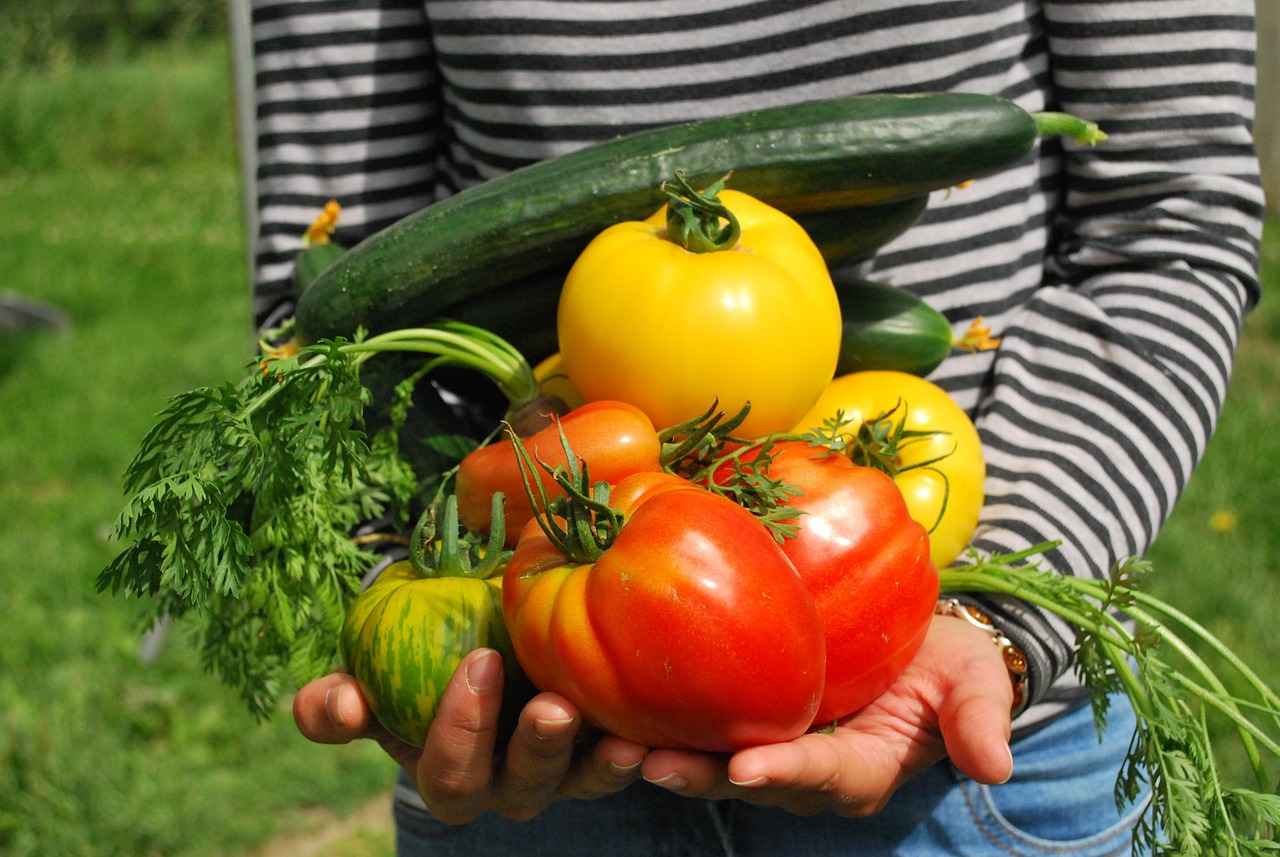
Understanding Vegetable Choppers
Vegetable choppers are specialized kitchen tools designed to streamline the process of slicing and dicing vegetables, making meal preparation significantly faster and easier. These tools are particularly popular among home cooks and professional chefs alike, as they offer a variety of advantages that enhance the culinary experience.
One of the key features of vegetable choppers is their diverse designs. Each design caters to different cooking styles and preferences, allowing users to select the tool that best fits their needs. For instance, some choppers are equipped with multiple blades, enabling users to achieve various cuts, from julienne to fine dice, all in one go.
In addition to speed, vegetable choppers often provide consistency in the size of the cuts, which is crucial for even cooking. This is particularly beneficial when preparing dishes that require uniformity, such as stir-fries or salads. The precision of these tools can enhance the visual appeal of a dish, making meals not only tastier but also more aesthetically pleasing.
Moreover, many vegetable choppers are designed with safety features, such as non-slip bases and protective covers, ensuring that users can chop vegetables without the risk of injury. This makes them an excellent choice for novice cooks who are still mastering their knife skills.
Ultimately, whether you choose a manual or electric vegetable chopper, these tools can significantly reduce the time and effort required for food preparation. With the right chopper, you can transform your cooking experience, allowing you to focus more on creativity and flavor rather than tedious chopping tasks.
In conclusion, vegetable choppers are invaluable tools for anyone looking to improve their cooking efficiency. By understanding their features and benefits, you can select the right chopper to elevate your culinary skills.
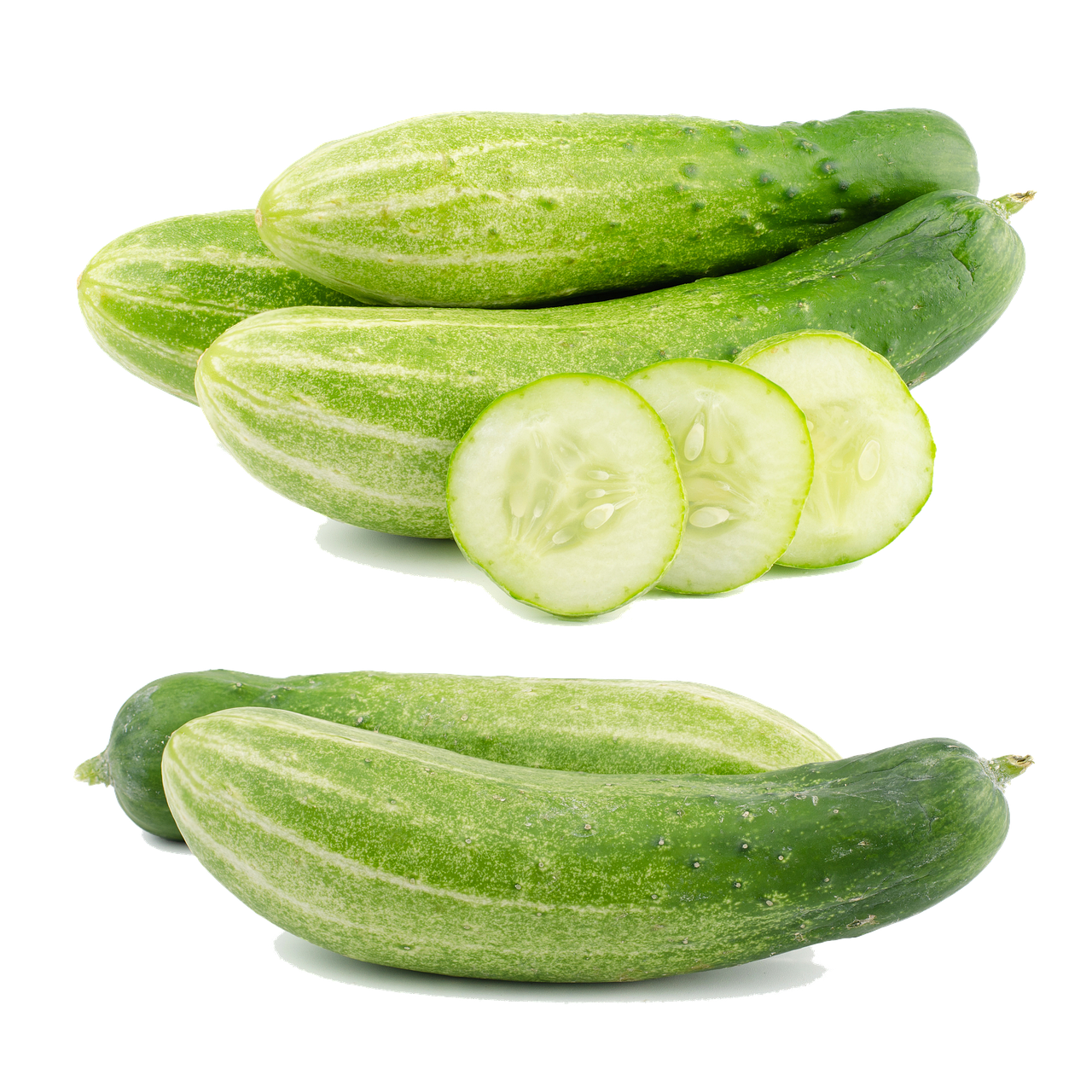
The Benefits of Using Knives
Knives are essential tools in the kitchen, revered for their versatility and precision. Unlike other kitchen gadgets, knives allow for a more intimate connection with the food being prepared. Understanding the benefits of using knives can enhance your culinary experience and help you appreciate their significance in the cooking process.
One of the primary advantages of knives is their versatility. They can be used for a variety of tasks, from chopping vegetables to filleting fish. This adaptability makes them a staple in both professional and home kitchens. A skilled chef can use a single knife to perform multiple functions, which is not always possible with specialized tools.
Another significant benefit is the precision that knives offer. The ability to control the angle and pressure while cutting allows for uniformity in food preparation. Whether you are slicing herbs, dicing onions, or julienning carrots, a good knife can help achieve consistent results, which is crucial for both presentation and cooking times.
Furthermore, knives contribute to efficiency in the kitchen. With practice, experienced cooks can perform tasks quickly and with minimal effort. This speed is particularly beneficial when preparing meals for larger gatherings, where time management is essential.
Knives also promote creativity. The art of knife skills allows chefs to experiment with different cuts and techniques, enhancing the overall culinary experience. From intricate garnishes to precise cuts for even cooking, the possibilities are endless with a well-maintained knife.
In conclusion, knives are more than just tools; they are an extension of a chef’s skills and creativity. Their versatility, precision, and ability to enhance efficiency make them a preferred choice for many culinary tasks. By investing time in learning proper knife techniques, you can elevate your cooking and appreciate the art behind each meal.
Types of Vegetable Choppers
Vegetable choppers are invaluable tools for anyone who enjoys cooking, as they can significantly reduce preparation time. Understanding the different types of vegetable choppers available can help you choose the right one for your kitchen needs. Below, we explore the various types of vegetable choppers, highlighting their features and uses.
- Manual Vegetable Choppers: These choppers require physical effort to operate, allowing users to have complete control over the chopping process. They are ideal for those who enjoy a hands-on approach to cooking. Manual choppers often come with various blade attachments, enabling users to create different cuts, from fine dices to larger chunks.
- Electric Vegetable Choppers: For those who prioritize speed and convenience, electric vegetable choppers are a fantastic option. With just the push of a button, these machines can chop, dice, and slice vegetables in seconds, making them perfect for busy cooks. They often come with multiple settings for different chopping styles, ensuring versatility in food preparation.
- Food Processors: While not exclusively vegetable choppers, food processors offer extensive functionality, including chopping, slicing, shredding, and pureeing. They are ideal for larger meal prep tasks and can handle a variety of ingredients beyond just vegetables. Food processors are a great investment for anyone looking to streamline their cooking process.
- Mandolins: Mandolins are specialized slicing tools that allow for precise cuts of vegetables. They are particularly useful for achieving uniform slices and can be adjusted for different thicknesses. While they excel in slicing, they may not be suitable for chopping, making them a complementary tool in the kitchen.
- Chopping Boards with Built-in Choppers: Some innovative chopping boards come equipped with built-in chopper mechanisms, allowing for easy chopping directly on the board. These tools combine the functionality of a cutting surface with the convenience of a chopper, making them an excellent space-saving option for smaller kitchens.
In conclusion, each type of vegetable chopper has its unique advantages and is suited to different cooking styles and preferences. Whether you prefer the control of a manual chopper or the speed of an electric model, the right tool can enhance your culinary experience and make meal preparation more enjoyable.
Manual Vegetable Choppers
are an essential tool in many kitchens, especially for those who appreciate the art of hands-on cooking. These choppers require physical effort to operate, which can be seen as both a challenge and an opportunity for personal engagement in the cooking process.
One of the main advantages of using a manual vegetable chopper is the control it offers over the chopping process. Unlike electric models, which automate the task, manual choppers allow users to dictate the size and texture of their vegetable cuts. This is particularly beneficial for recipes that require precise chopping or specific sizes, such as salsa or stir-fries.
Moreover, manual choppers are often more affordable and require less maintenance compared to their electric counterparts. They can be easily cleaned by hand, making them a convenient choice for those who prefer a straightforward kitchen tool. Many models are also compact, which makes them easy to store in a small kitchen space.
Using a manual vegetable chopper can also enhance the cooking experience by allowing for a more mindful approach to food preparation. This hands-on method can be satisfying and even meditative for those who enjoy spending time in the kitchen. It encourages cooks to slow down and appreciate the textures and colors of the ingredients they are working with.
However, it is important to note that manual choppers may not be suitable for everyone. Individuals with limited hand strength or mobility issues may find them challenging to use. In such cases, electric choppers may be a better option.
In conclusion, manual vegetable choppers are ideal for those who enjoy a hands-on cooking experience and seek greater control over their food preparation. They combine affordability, ease of use, and a tactile approach that can enhance the overall cooking experience.
Electric Vegetable Choppers
have revolutionized the way we prepare ingredients in the kitchen. These innovative appliances not only streamline the chopping process but also enhance the overall cooking experience for both novice and seasoned chefs alike.
One of the primary advantages of electric vegetable choppers is their efficiency. Unlike traditional knives, which require manual effort and time, electric choppers can quickly dice, slice, and chop a variety of vegetables with just the push of a button. This automation is particularly beneficial for busy cooks who are juggling multiple tasks or preparing large meals.
Moreover, electric choppers often come equipped with various attachments and settings, allowing users to customize the size and texture of their chopped ingredients. Whether you’re looking for finely minced garlic or coarsely chopped onions, these versatile tools can meet your specific culinary needs.
| Feature | Electric Choppers | Manual Choppers |
|---|---|---|
| Speed | Fast | Moderate |
| Effort Required | Minimal | High |
| Control | Limited | High |
| Versatility | High | Moderate |
In addition to saving time, electric vegetable choppers can help maintain the quality of your ingredients. By chopping vegetables quickly, they minimize exposure to air, which can lead to oxidation and nutrient loss. This means that your meals not only look great but also retain their flavor and nutritional value.
For those who might be concerned about the initial investment, it’s important to consider the long-term benefits. The time saved and the quality preserved can make electric vegetable choppers a worthwhile addition to any kitchen.
In conclusion, electric vegetable choppers are an excellent choice for anyone looking to simplify their cooking process without sacrificing quality. With their speed, efficiency, and versatility, they are perfect for busy cooks who want to prepare delicious meals with ease.
Choosing the Right Knife for Your Needs
When it comes to preparing vegetables, the choice of knife can significantly impact your cooking experience. Having the right tools not only enhances efficiency but also ensures safety and precision. Below, we explore various types of knives and their specific uses, helping you make an informed decision.
- Chef’s Knife: This versatile knife is essential for any kitchen. Its broad blade allows for a variety of cutting techniques, from chopping to slicing.
- Paring Knife: Ideal for intricate tasks such as peeling or trimming, the paring knife offers precision and control.
- Serrated Knife: Perfect for cutting through tough-skinned vegetables, such as tomatoes or squash, the serrated edge ensures a clean cut without crushing.
- Utility Knife: A smaller version of the chef’s knife, the utility knife is great for cutting smaller vegetables and herbs.
Understanding the unique functions of these knives can significantly enhance your vegetable preparation. For instance, using a chef’s knife for larger vegetables allows for efficient chopping, while a paring knife is perfect for delicate tasks.
Moreover, the material of the knife plays a crucial role in its performance. High-carbon stainless steel knives are known for their sharpness and durability, while ceramic knives offer lightweight handling and resistance to rust.
Additionally, the handle’s design and material can affect comfort and grip. Look for ergonomic handles that fit well in your hand to reduce fatigue during extended use.
In conclusion, selecting the right knife tailored to your cooking style and the types of vegetables you frequently prepare can greatly enhance your culinary experience. By understanding the various knife types and their specific uses, you can improve both efficiency and safety in your kitchen.
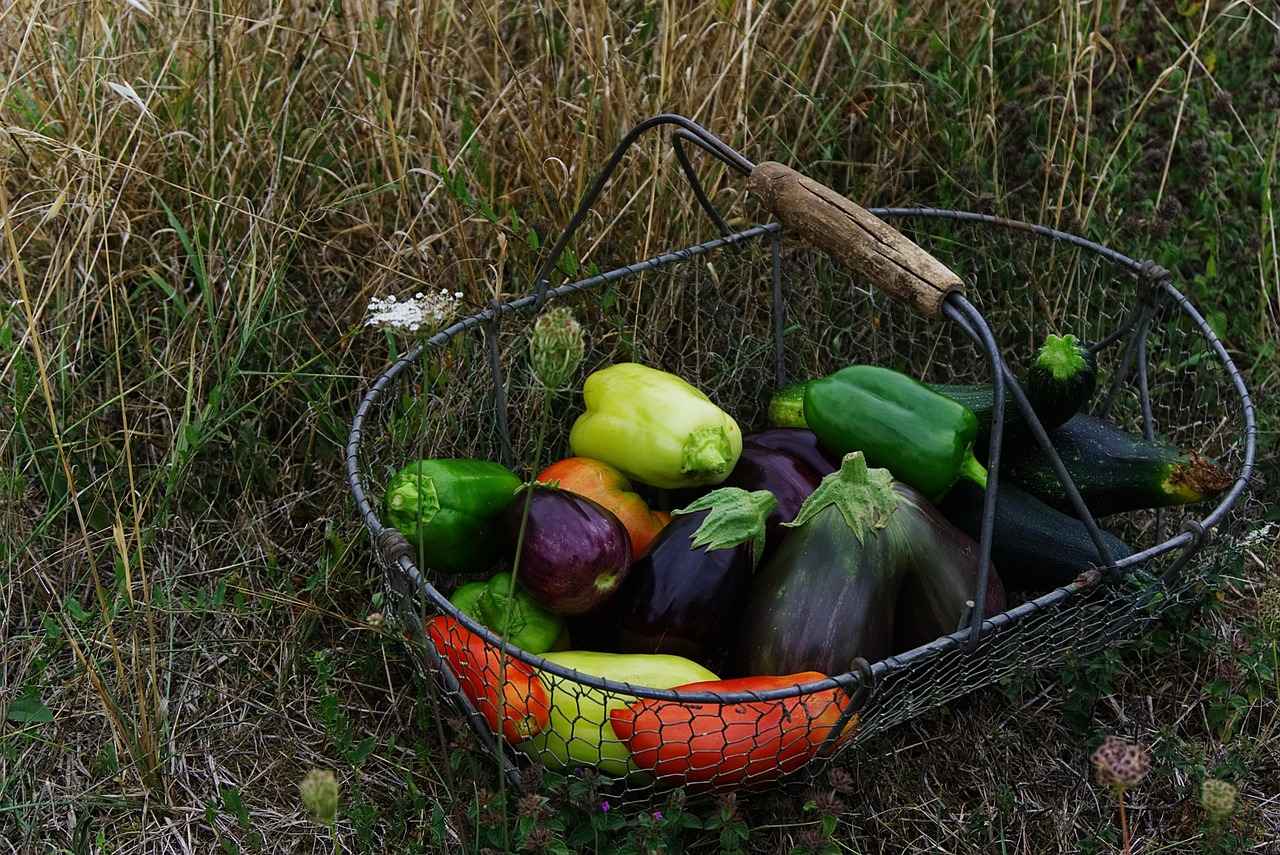
Comparative Efficiency: Choppers vs. Knives
When it comes to food preparation, efficiency plays a crucial role in determining the best tools for the job. In this section, we will explore how vegetable choppers and knives compare in terms of speed and ease of use, providing insights that can help you choose the right tool for your culinary needs.
| Feature | Choppers | Knives |
|---|---|---|
| Speed | Typically faster for bulk preparation; ideal for chopping large quantities of vegetables quickly. | Can be quicker for small tasks or specific cuts; requires more skill for efficiency. |
| Ease of Use | Designed for simplicity; great for beginners and those looking for convenience. | Offers versatility; requires practice to master but allows for greater control. |
Speed of Preparation
In a busy kitchen, speed is often of the essence. Vegetable choppers excel in situations where large amounts of vegetables need to be prepared at once, significantly reducing the time spent on cutting. For instance, if you are preparing ingredients for a large family meal or a gathering, a chopper can save you considerable time. However, for smaller tasks, such as slicing a single onion or dicing a tomato, a knife may actually be faster, especially for those who are skilled in knife techniques.
Ease of Use
When it comes to ease of use, vegetable choppers are designed to simplify the chopping process. They often come with clear instructions and require minimal effort, making them accessible for novice cooks. On the other hand, knives require a certain level of skill and confidence. Experienced cooks may find knives more intuitive, as they can adjust their cutting techniques based on the specific requirements of the dish.
In conclusion, both vegetable choppers and knives have their unique advantages. The choice between them ultimately depends on your cooking style, the volume of food being prepared, and your personal preferences. By understanding the efficiency of each tool, you can make an informed decision that enhances your culinary experience.
Speed of Preparation
When it comes to preparing vegetables, speed is often a critical factor that influences the choice of tools. In the culinary world, vegetable choppers and knives serve as the primary instruments for this task, each with its own set of advantages and drawbacks. Understanding their performance in terms of speed can help you make an informed decision based on your cooking needs.
In general, vegetable choppers tend to excel in speed, particularly when dealing with large quantities of vegetables. Whether you are prepping for a big family dinner or a meal prep session for the week, these tools can significantly reduce the time spent chopping. Many vegetable choppers are designed with multiple blades and mechanisms that allow for rapid processing, making them ideal for bulk preparation.
However, when it comes to smaller quantities or specific cuts, knives can often be the faster option. Skilled chefs can achieve precise and quick cuts with a well-maintained knife, allowing for more control and finesse in their preparations. For instance, if you only need to slice a few herbs or chop a single onion, reaching for a knife may be more efficient than setting up a chopper.
Moreover, the choice between a chopper and a knife can also depend on the type of vegetable being prepared. Some vegetables, like tomatoes or avocados, may require a gentler touch that a knife can provide, while others, such as carrots or potatoes, can be quickly processed with a chopper.
| Tool | Best For | Speed |
|---|---|---|
| Vegetable Chopper | Bulk preparation | Fast |
| Knife | Small quantities, precise cuts | Variable |
In conclusion, the speed of preparation when using vegetable choppers versus knives largely depends on the quantity of vegetables and the desired precision of cuts. For bulk tasks, vegetable choppers are the clear winners, while knives hold their ground for smaller, more delicate jobs.
Ease of Use
is a crucial factor when deciding between vegetable choppers and knives. Each tool has its unique strengths, catering to different skill levels and cooking styles.
For beginners, vegetable choppers offer a significant advantage. These tools are designed to simplify the chopping process, making it easier for those who may not yet have mastered knife skills. With various models available, from manual to electric, choppers can reduce the time and effort required to prepare ingredients. This ease of use allows novice cooks to focus on experimenting with flavors and recipes without the intimidation often associated with using knives.
On the other hand, experienced cooks often prefer knives for their versatility and precision. A well-sharpened knife can be adapted to a wide range of cutting techniques, from julienne to chiffonade, allowing chefs to execute complex culinary tasks with finesse. For those who have honed their skills, using a knife can feel more intuitive, providing a greater sense of control over the cutting process. This adaptability makes knives an essential tool in any seasoned cook’s kitchen.
Ultimately, the choice between a chopper and a knife often comes down to personal preference and cooking experience. While choppers can boost confidence in beginners, knives can enhance the creative expression of skilled chefs. Understanding these differences can help individuals choose the right tool that aligns with their cooking style and needs.
In conclusion, whether you opt for a vegetable chopper or a knife, both tools have their merits. By assessing your skill level and cooking requirements, you can make an informed decision that enhances your culinary experience.
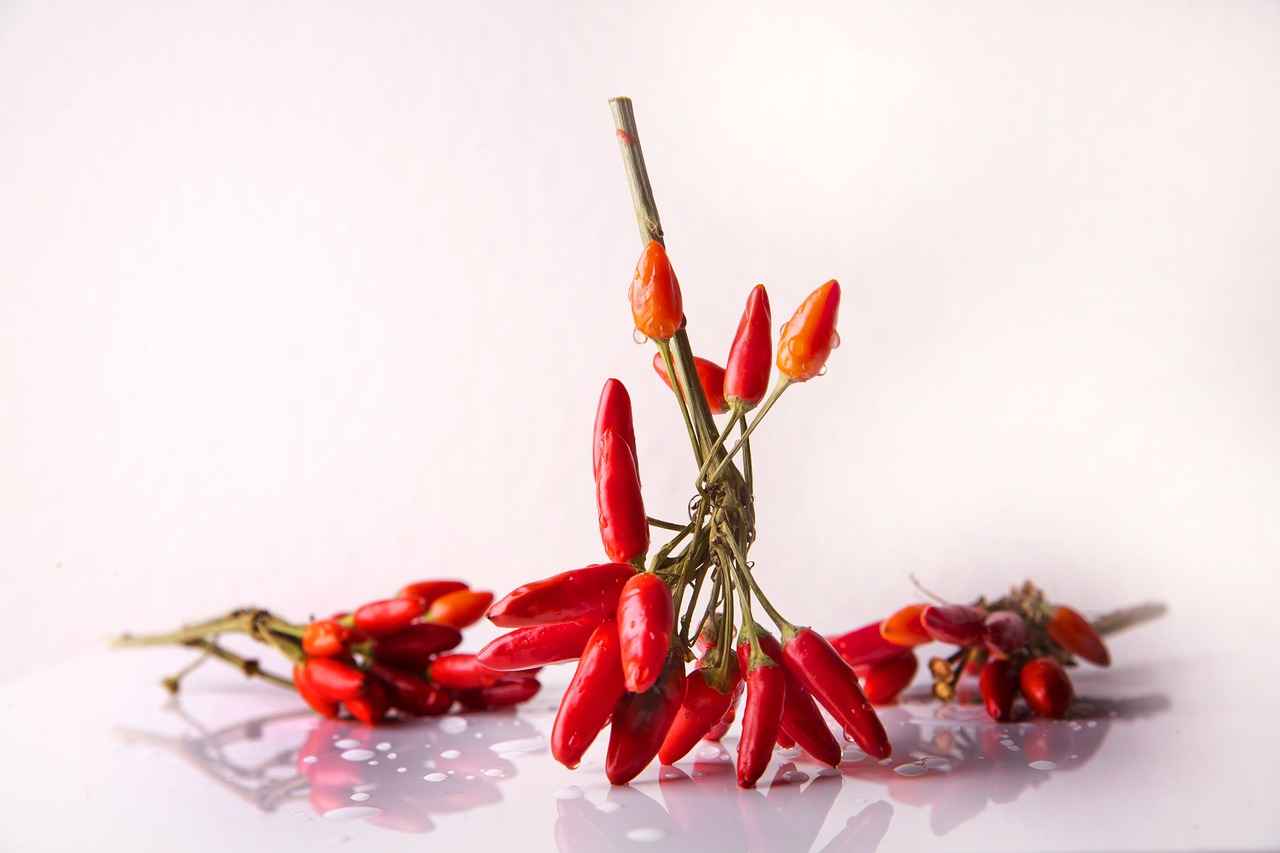
Maintenance and Care
are crucial components in ensuring the longevity and optimal performance of both vegetable choppers and knives. Proper maintenance not only enhances the efficiency of these kitchen tools but also guarantees safety during food preparation. This section will provide a detailed overview of best practices for caring for your choppers and knives.
Vegetable choppers, whether manual or electric, require specific care to maintain their functionality. Here are some essential tips:
- Regular Cleaning: After each use, disassemble your vegetable chopper and wash all removable parts with warm, soapy water. Avoid abrasive sponges that can scratch surfaces.
- Dry Thoroughly: Ensure all parts are completely dry before reassembling to prevent rust and mold growth.
- Storage: Store your vegetable chopper in a dry, cool place. If it’s electric, keep the cord untangled and avoid sharp objects that could damage it.
- Periodic Inspection: Regularly check for any wear and tear, especially on blades and locking mechanisms, and replace parts as necessary.
Knives are an investment in your kitchen, and proper care is essential for maintaining their sharpness and effectiveness:
- Sharpening: Regularly sharpen your knives using a whetstone or a professional sharpening service. A sharp knife is safer and more efficient.
- Cleaning: Hand wash knives immediately after use with mild soap and water. Avoid dishwashers, which can dull blades and damage handles.
- Drying: Always dry knives thoroughly after washing to prevent rust and corrosion.
- Storage: Use a knife block, magnetic strip, or sheaths to protect blades and prevent accidents.
In conclusion, following these maintenance and care guidelines will help ensure that your vegetable choppers and knives remain in excellent condition, enhancing your cooking experience while promoting safety in the kitchen.
Cleaning Vegetable Choppers
is an essential task that ensures your kitchen tools remain in optimal condition, promoting both functionality and hygiene. Depending on the model, the cleaning process can vary in complexity. Understanding the correct methods for cleaning these tools can significantly enhance their longevity and performance.
Most vegetable choppers consist of multiple parts, including blades, containers, and sometimes, electronic components. It is important to disassemble the chopper carefully before cleaning. Start by removing the blades, which are often sharp and can cause injury if not handled properly. Always use a cutting glove or a cloth to protect your hands.
- Manual Choppers: These typically have fewer components, making them easier to clean. Soaking the parts in warm, soapy water for a few minutes can help loosen any food residue. A soft brush or sponge can then be used to scrub away stubborn bits.
- Electric Choppers: For electric models, it is crucial to avoid submerging the base in water. Instead, wipe it down with a damp cloth and clean the detachable parts as you would with a manual chopper. Always refer to the manufacturer’s instructions for specific cleaning guidelines.
After cleaning, ensure all parts are completely dry before reassembling the chopper. This prevents any moisture from causing mold or rust, especially on metal components. Regular maintenance not only keeps your vegetable chopper clean but also ensures it operates efficiently.
In conclusion, may seem like a simple task, but adhering to proper cleaning methods is vital for maintaining the tool’s functionality and hygiene. By following these guidelines, you can extend the life of your vegetable chopper and enjoy hassle-free cooking.
Sharpening and Caring for Knives
is a crucial aspect of maintaining your kitchen tools, ensuring they function at their best. Proper knife care not only enhances performance but also extends the lifespan of your knives. Here’s a comprehensive guide to understanding the importance of sharpening and the best practices for knife maintenance.
Knives are an essential part of any kitchen, and their effectiveness largely depends on their sharpness. A well-sharpened knife is safer and more efficient, allowing for precise cuts and reducing the risk of accidents. Dull knives require more force, which can lead to slips and injuries.
- Regular Sharpening: It is recommended to sharpen your knives every few months, depending on usage. Frequent use, especially in professional settings, may necessitate sharpening every few weeks.
- Types of Sharpening Tools: You can choose between a whetstone, honing rod, or an electric sharpener. Each tool has its advantages; for instance, a whetstone offers precision, while an electric sharpener is quick and user-friendly.
In addition to sharpening, proper care is vital for maintaining your knives:
- Cleaning: Always hand wash your knives with warm, soapy water and dry them immediately. Avoid putting them in the dishwasher, as this can dull the blade and damage the handle.
- Storage: Store knives in a designated knife block, magnetic strip, or protective sheaths to prevent blade damage and ensure safety.
- Regular Inspection: Check your knives for any signs of damage or wear. Look for chips or bends in the blade, which can affect performance.
By implementing these maintenance practices, you can ensure that your knives remain effective and safe for all your culinary needs. Remember, a little care goes a long way in preserving the quality of your kitchen tools!
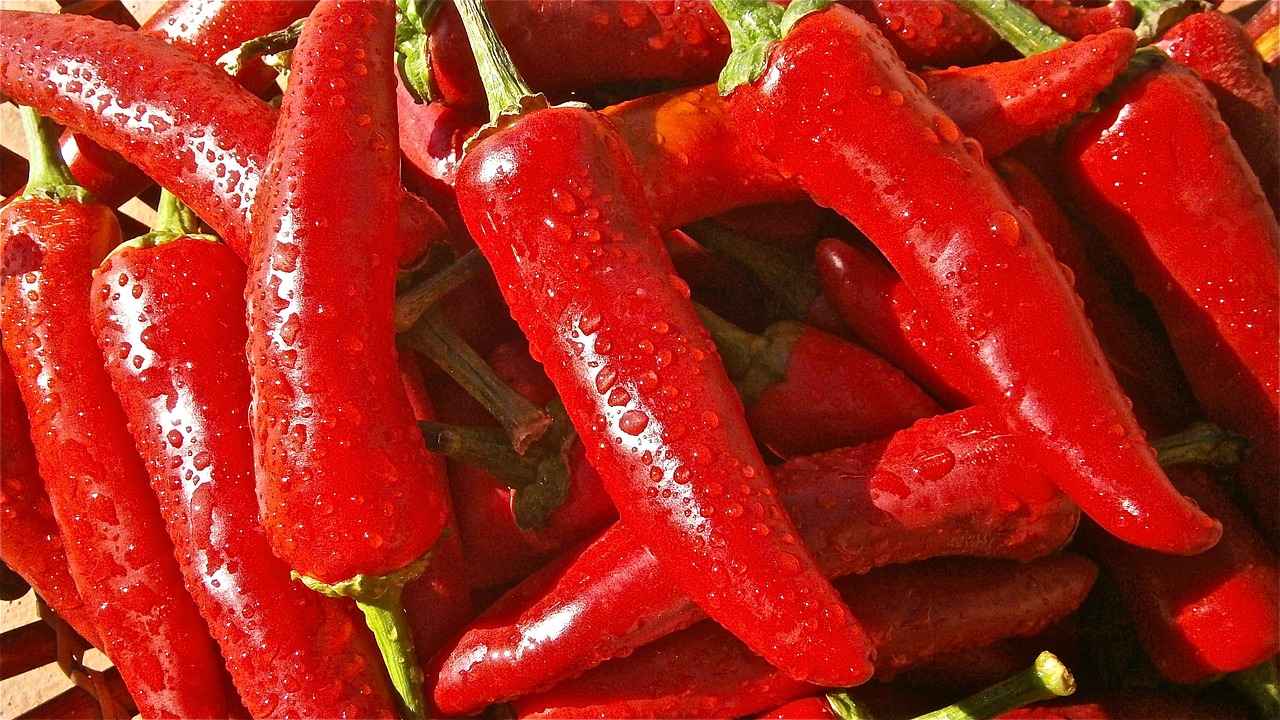
Conclusion: Making the Right Choice
When it comes to equipping your kitchen, the debate between using vegetable choppers and knives is one that many home cooks and professional chefs face. Both tools have their unique strengths, and understanding their capabilities can significantly enhance your cooking experience.
Vegetable choppers are designed for efficiency. They allow for quick and uniform cutting, making them ideal for meal prepping or when cooking for a large group. Their various designs, such as manual and electric models, cater to different cooking styles. For instance, a manual vegetable chopper offers control and precision, while an electric chopper saves time and effort, particularly for those with busy schedules.
On the other hand, knives are the traditional tools of the trade, providing unmatched versatility. They allow for intricate cuts and techniques that a chopper may not achieve. For example, a chef’s knife is essential for slicing, dicing, and mincing, making it a staple in any kitchen. Understanding the different types of knives, such as paring knives and serrated knives, can also enhance your culinary skills.
When considering efficiency, vegetable choppers often excel in speed, especially for bulk preparation. However, for smaller quantities or specific cuts, a knife might be quicker and more intuitive for seasoned cooks. This highlights the importance of recognizing your own cooking style and preferences.
In terms of maintenance, both tools require care to ensure longevity. Vegetable choppers may need thorough cleaning depending on their design, while knives require regular sharpening to maintain their cutting edge.
In conclusion, the choice between vegetable choppers and knives ultimately hinges on your individual preferences, cooking styles, and specific needs. By assessing the advantages of each tool, you can make an informed decision that enhances your culinary endeavors.
Frequently Asked Questions
- What is the main difference between vegetable choppers and knives?
The main difference lies in their design and functionality. Vegetable choppers are specialized tools that simplify the chopping process, making it faster and easier, especially for bulk preparation. In contrast, knives offer versatility and precision, allowing for various cutting techniques.
- Are vegetable choppers easier to use than knives?
For beginners, vegetable choppers can be more user-friendly as they automate much of the process. However, experienced cooks might prefer knives for their adaptability and control, making them feel more intuitive in certain situations.
- How do I maintain my vegetable chopper?
Maintenance varies by model, but generally, it’s important to clean your vegetable chopper after each use. Disassemble it if possible, and wash the parts with warm soapy water. Make sure to dry it thoroughly to prevent rust or damage.
- How often should I sharpen my knives?
It’s recommended to sharpen your knives regularly, ideally every few months, depending on usage. A well-maintained knife will perform better and last longer, making your cooking experience much more enjoyable.
- Which tool is better for bulk vegetable preparation?
For bulk vegetable preparation, vegetable choppers generally outperform knives in terms of speed and efficiency. They can chop large quantities quickly, making them ideal for meal prep or large gatherings.














